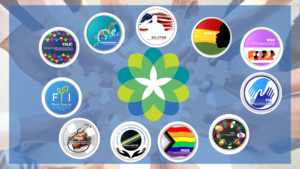Office of Inclusion and Diversity
 Every Caregiver across ChristianaCare brings distinct insights based on his or her combination of gender, age, culture, ethnicity, religion, sexual orientation, education, personality, world experiences, upbringing, and abilities.
Every Caregiver across ChristianaCare brings distinct insights based on his or her combination of gender, age, culture, ethnicity, religion, sexual orientation, education, personality, world experiences, upbringing, and abilities.
At ChristianaCare, we believe those differences are a powerful asset, because they reflect the diverse nature of our globally diverse staff, patients, and the communities we serve. Maintaining a diverse workforce ensures that our caregivers can communicate effectively with visitors, patients, family members, and each other.
The office of inclusion and diversity firmly believes patient and family centered care, organizational excellence, and the caregiver experience are enhanced by our diverse workforce where everyone is empowered to make a difference.
As we advance our commitment to inclusion and diversity at ChristianaCare, transparency and accountability are essential keys to our success.
Inclusion doesn’t rest solely on the inclusion and diversity office nor a robust strategic plan. It is a leadership and caregiver imperative – whereby we look at our plan and see where each of us can contribute to it.
| Inclusion and Diversity Strategic Plan Goals | |
|---|---|
| Goal #1 | Increase number of minorities/people of color in director and above positions |
| Goal #2 | Achieve growth in hiring of individuals who identify as having a disability |
| Goal #3 | Achieve growth in the hiring of underrepresented minorities |
Click here for the full inclusion and Diversity Strategic Plan.
Meet our Team
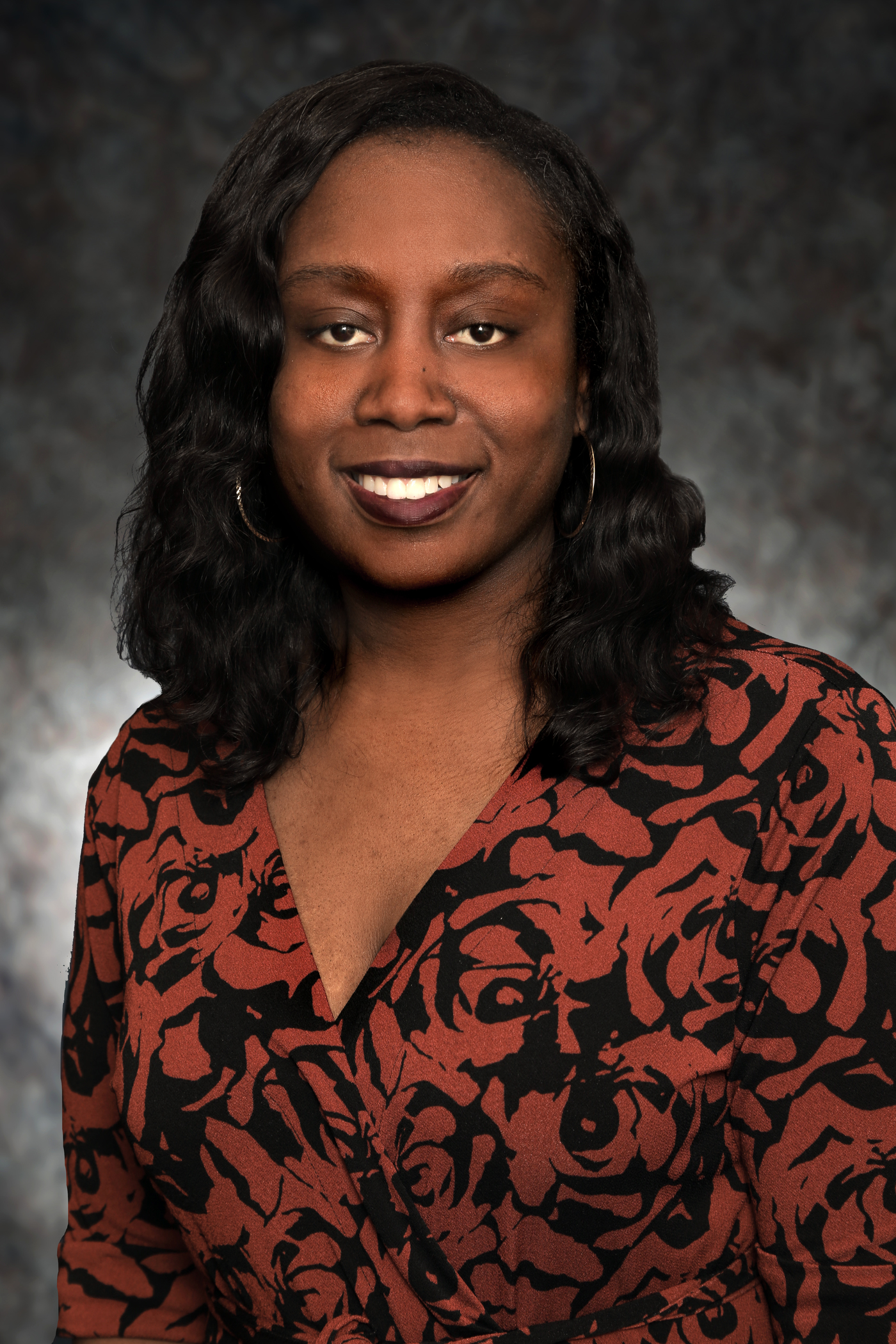 Pamela RidgewayChief Diversity Officer
Pamela RidgewayChief Diversity Officer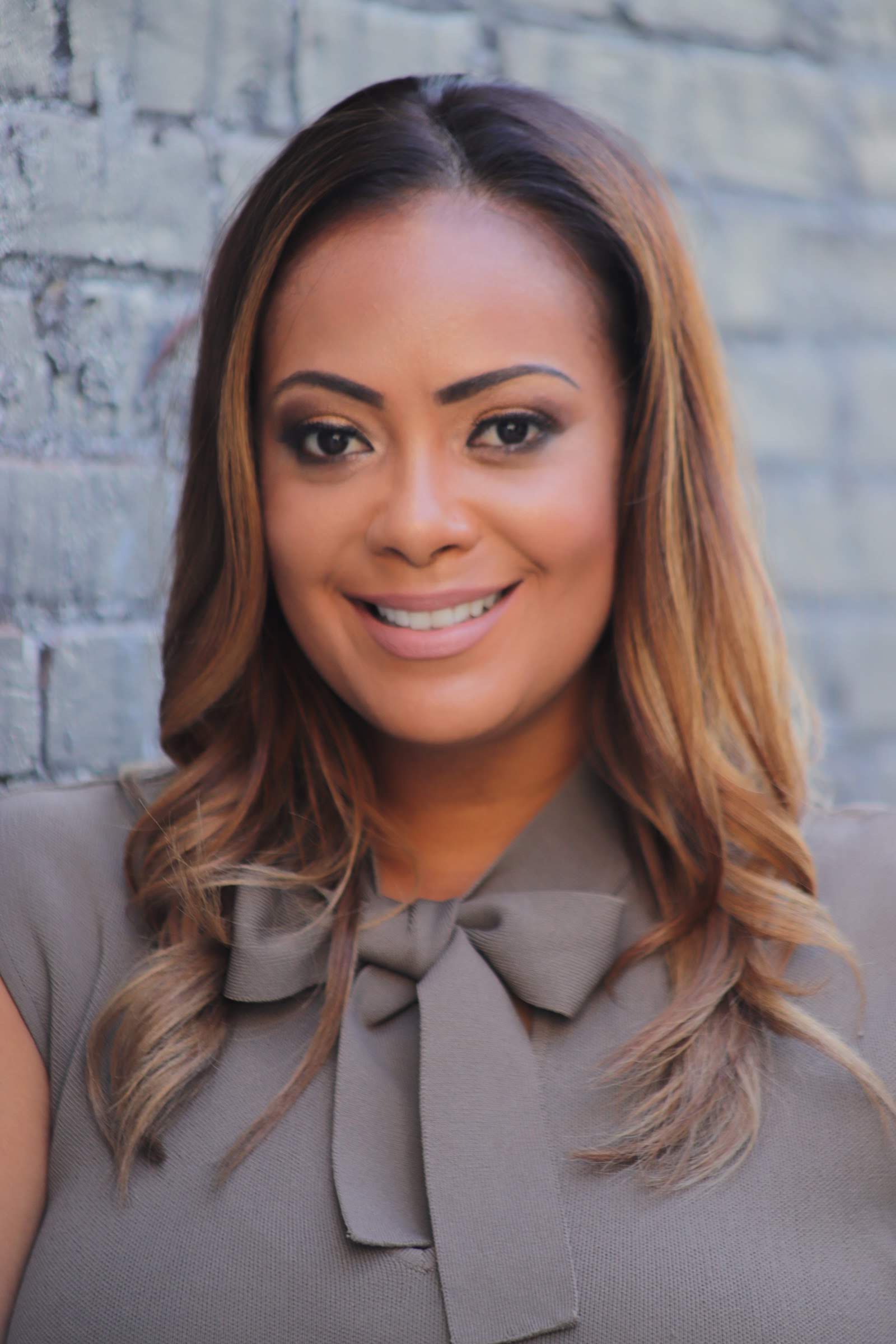 Natalie TorresInclusion and Diversity Director
Natalie TorresInclusion and Diversity Director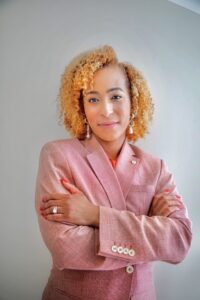 Cassandre MilardInstructional Designer
Cassandre MilardInstructional Designer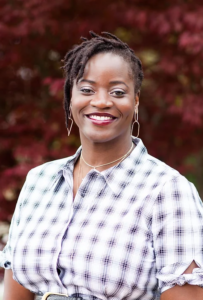 Carla ThomasInclusion and Diversity Senior Educational Consultant
Carla ThomasInclusion and Diversity Senior Educational Consultant Erica SadlerInclusion and Diversity Specialist/Special Partnerships
Erica SadlerInclusion and Diversity Specialist/Special Partnerships
For more information on our work around inclusion please contact inclusion@ChristianaCare.org
In celebration of the legacy of Dr. Martin Luther King, Jr., ChristianaCare hosted Linking Inclusion, Diversity, and Health Equity in the Time of COVID and Beyond. The virtual event featured Dr. Leon McDougle, President of the National Medical Association.
Click Here to Watch Recording!
URM Visiting Clerkship Stipend Program
ChristianaCare’s Office of Inclusion and Diversity supports the development of underrepresented minorities (URM) in medicine through a four-week elective rotation. The purpose of the Visiting Clerkship Stipend Program is to:
- Increase diversity within our residency programs to better reflect the communities we serve.
- Increase cultural competency in the health care workforce.
- Promote interest in academic medicine.
The stipend is designed to offset the cost of travel and accommodation expenses for traditionally underrepresented in medicine medical students to complete clinical rotations at ChristianaCare.
Click here to learn more and apply!
CEO Action for Diversity and Inclusion Signatory
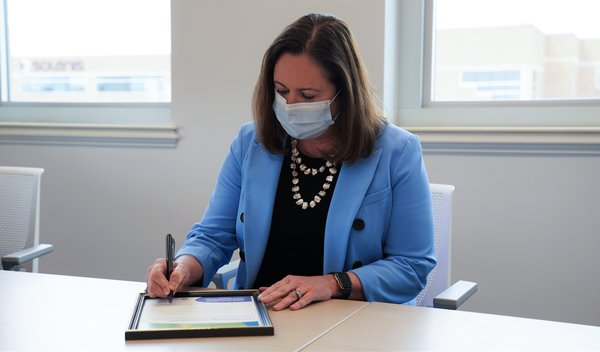
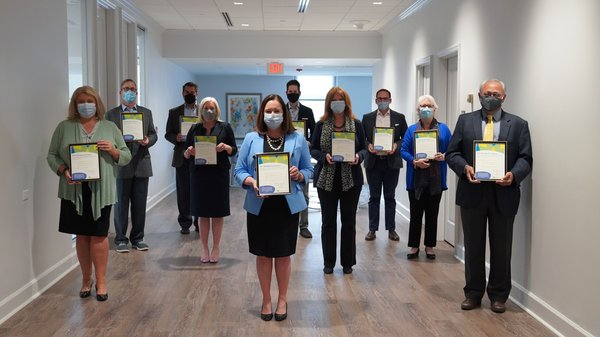
CEO Commitment to Equity, Inclusion, Fairness, and Justice
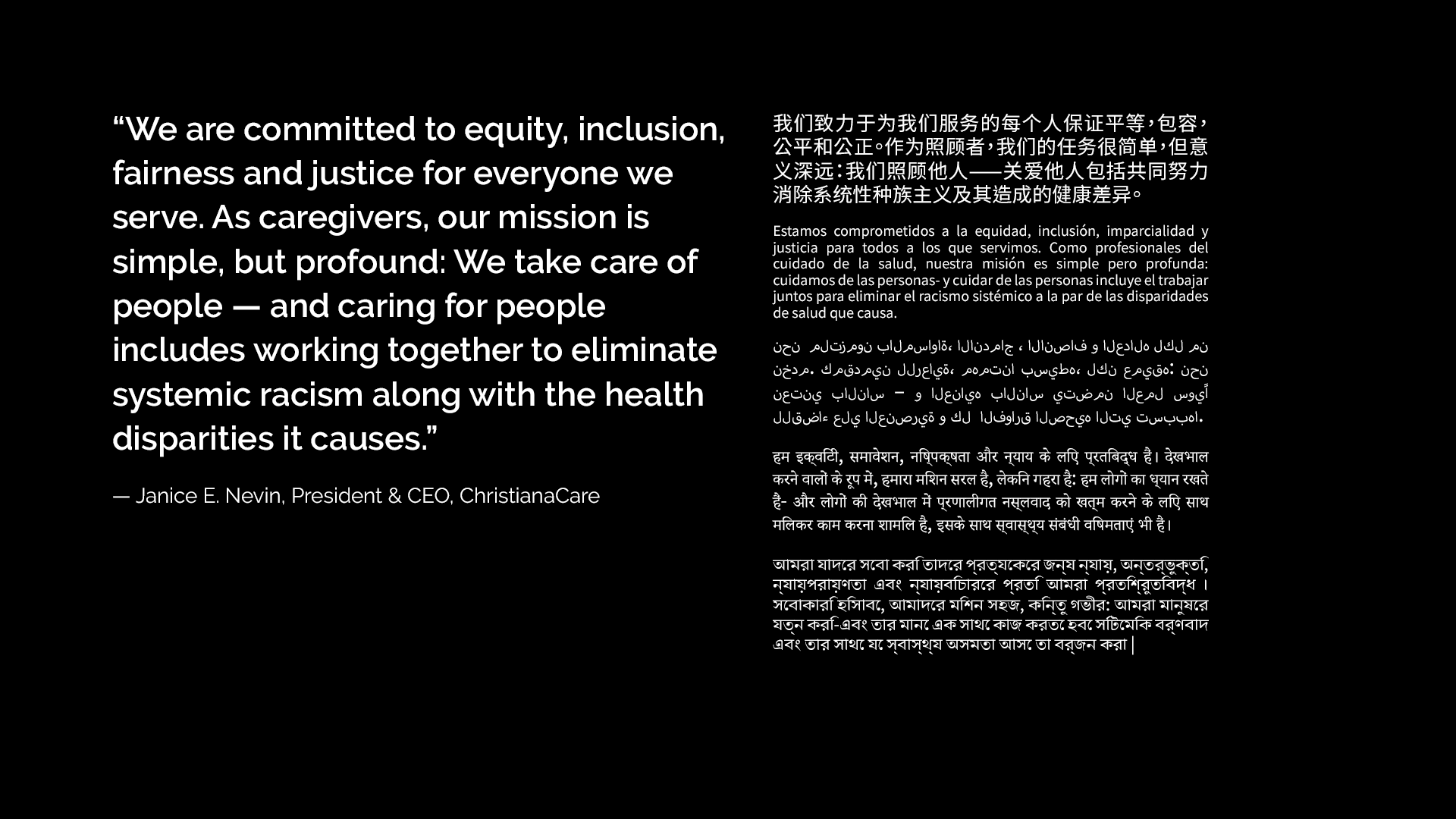
CEO & Organization Commitment to Time’s Up Now Healthcare Signatory
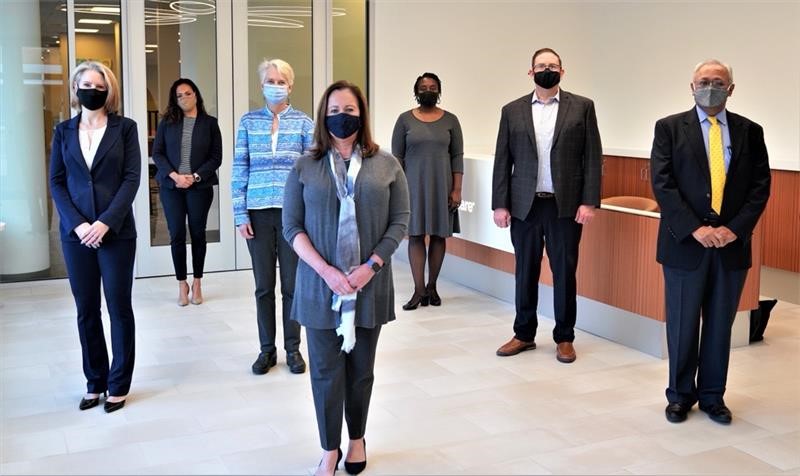
Anti-Racism Statement
ChristianaCare commits to be an anti-racism organization. This commitment is reflected in the values and behaviors of our organization and through our policies, programs and practices.
We resolve to advance actions to dismantle racism throughout the life and culture of our organization and the community. Together, we must:
- Recognize that racism causes health disparities and harm.
- Commit to advancing health equity in all the communities we serve.
- Examine racism beyond the actions of individuals, because it is embedded in the fabric of our society.
- Vow to purposefully identify, discuss and challenge issues of race and ethnicity and their impacts on our organization, our caregivers, and the people in the communities we serve.
- Improve the diversity of our caregiver workforce to better reflect the community we serve.
- Create a culture of psychological safety to ensure every individual is empowered to be their truest, most authentic self.
- Commit to listen, to learn and seek to understand in order to create impactful, sustainable positive change.
- Acknowledge that racism can be unconscious or unintentional, and that identifying racism as an issue does not automatically mean those involved are racist or intend a negative impact.
- Actively address the trauma and harm to our caregivers who are impacted by racism or racist behavior.
- Challenge ourselves to understand and correct inequities, as we gain a better understanding of ourselves and our organization.
Through these purposeful actions, we commit to valuing diversity and fostering an environment for inclusion as we support all our caregivers and serve all our neighbors with love and excellence, in our actions and in our words.
Employee Resource Groups
Employee Resource Groups (ERG’s) connect caregivers who have a common interest or bond with one another. ERG’s are grassroots groups formed by employees across all demographics—race, national origin, gender, gender identity or expression, sexual orientation, disability, education, geography, military status, occupation, healthcare field, etc.
ERG members are volunteers who work to accomplish the goals set forth in their charter, with the support of the office of Diversity and Inclusion and Executive Sponsor(s).
There are no membership stipulations or requirements to join any ERG. You just have to have an interest in the work. Currently there are 11 different ERG’s:
